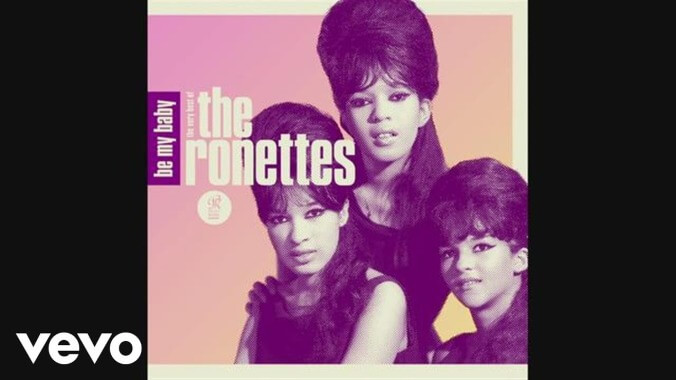R.I.P. Hal Blaine, prolific Wrecking Crew drummer

As reported by Billboard, prolific session drummer Hal Blaine—who played on tons of hits throughout the ‘60s and ‘70s as a member of legendary studio band the Wrecking Crew—has died. A cause of death has not been given, but the news was confirmed by a post on Blaine’s Facebook page that noted he was an “inspiration to countless friends, fans, and musicians,” adding, as a nice nod to his career as a drummer, “may he rest forever on two and four.” Blaine was 90.
Blaine’s name might not be widely known, but his work certainly is. As a studio musician, he played the iconic—and often repeated—drum beat that starts off The Ronettes’ “Be My Baby” (meaning his work also kicks off the beloved ‘80s classic Dirty Dancing), as well as the Beach Boys’ “Good Vibrations” and on that band’s critically acclaimed 1966 album Pet Sounds. He also performed on six consecutive Record Of The Year Grammy winners: Herb Alpert’s “A State Of Honey,” Frank Sinatra’s “Strangers In The Night,” 5th Dimension’s “Up, Up And Away” and “Aquarius/Let The Sunshine in,” and Simon And Garfunkel’s “Mrs. Robinson” and “bridge Over Troubled Water.”
It’s nearly impossible to list all of Blaine’s songs, though, because—as he told Music Radar a few years ago—he believes he played on over 6,000 songs over the course of his career. He was also known to carry a rubber stamp saying “Hal Blaine Strikes Again” that he would apply to every piece of music he worked on and every studio he worked in. Blaine learned how to play drums in the ‘40s, after learning from Roy Knapp (the same man who taught Gene Krupa how to play), and he found himself leaning toward rock ‘n’ roll session gigs in the ‘50s. That’s where he eventually met up with what would become the Wrecking Crew, with Blaine taking credit for coining the name, but in the ‘80s his output began to decline as producers began to use more electronic drums.
Blaine was inducted into the Rock And Roll Hall Of Fame in 2000.